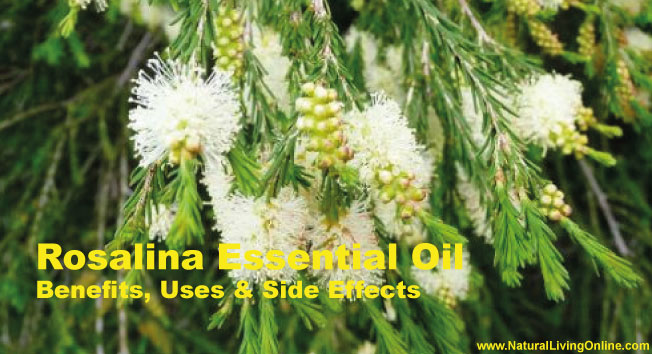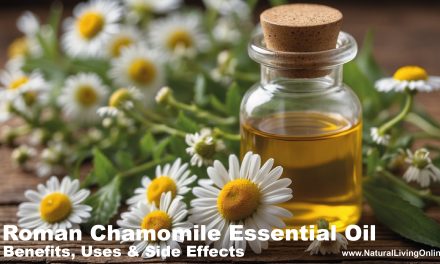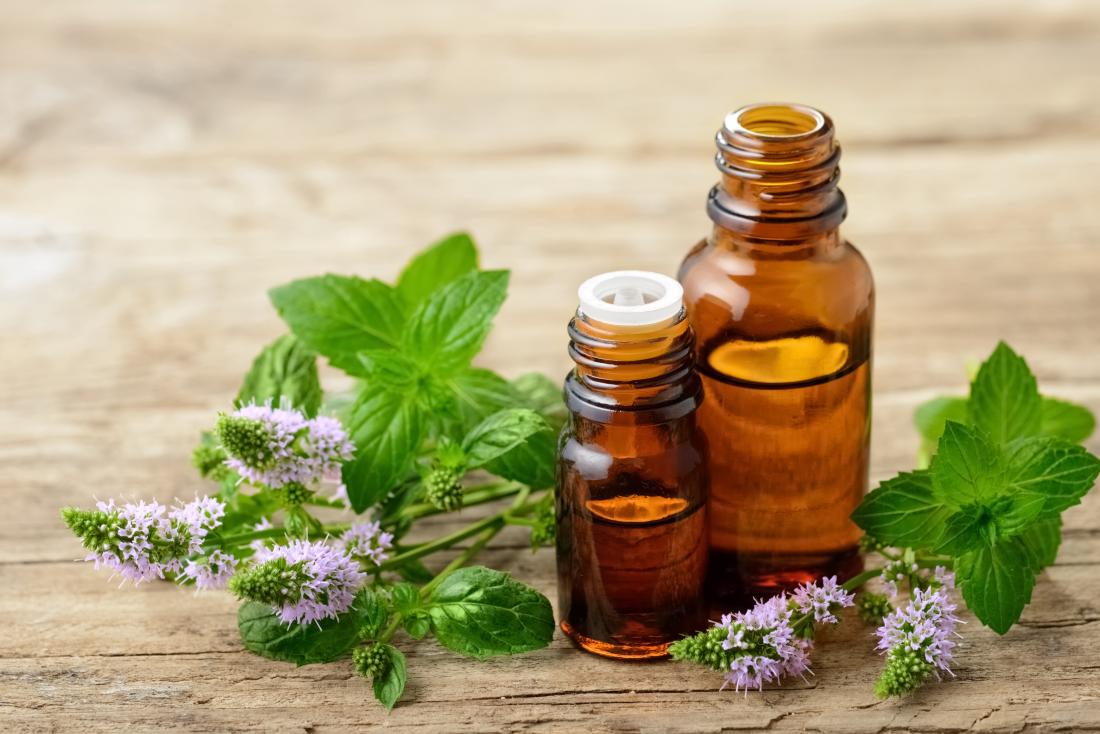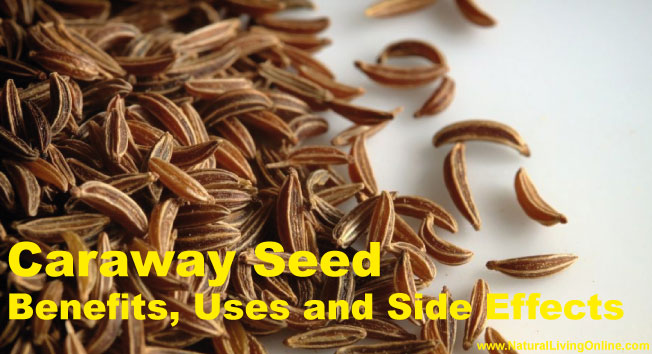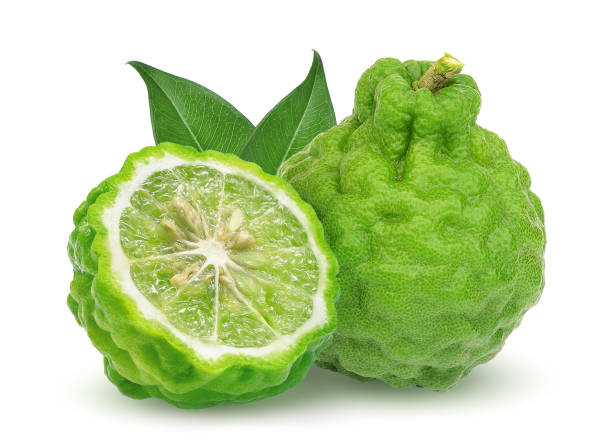Rosalina essential oil is an evergreen shrub that grows in the Mediterranean region. The plant has small, white flowers and can reach a height of up to 15 feet. The oil is extracted from the leaves and twigs of the plant. Rosalina essential oil has many benefits, including its ability to relieve stress and anxiety, boost the immune system, and improve digestion. The oil is also said to help with respiratory problems, colds, and headaches.
Essential Oil Profile / Monograph
Botanical Name: Melaleuca ericifolia
Common Names: Rosalina
Plant Family: Myrtaceae
Countries of Origin: Australia, Spain
Extraction Method: Steam distillation
Parts Used: Leaves and twigs
Essential Oil Smell: camphoraceous, woody, floral
Essential Oil Color: Clear to pale yellow
Viscosity: Thin
Perfumery Note: Middle
Strength of Aroma: Strong
Blends Well With: Lavender, bergamot, geranium, rosemary
Therapeutic Properties: Antibacterial, anti-inflammatory, antispasmodic, astringent, immunostimulant
Uses: Acne, anxiety, colds, coughs, digestion problems, headaches, respiratory problems, stress
Contraindications: None known
Side Effects: None known
Chemical Constituents:
1,8-cineole (eucalyptol) (50-70%), limonene (10-20%), alpha-terpineol (5-10%), alpha-pinene (2-8%), beta-pinene (2-6%), terpinen-4-ol (1-5%)
What is Rosalina?
Rosalina is an evergreen shrub that grows in the Mediterranean region. The plant has small, white flowers and can reach a height of up to 15 feet. The oil is extracted from the leaves and twigs of the plant. Rosalina essential oil has many benefits, including its ability to relieve stress and anxiety, boost the immune system, and improve digestion. The oil is also said to help with respiratory problems, colds, and headaches.
Benefits
-Relieves stress and anxiety
-Boosts the immune system
-Improves digestion
-Helps with respiratory problems, colds, and headaches
Uses
-Can be used in diffusers for aromatherapy
-Can be added to homemade skincare products
-Can be used in homemade cleaning products
Historical use
Rosalina has been used historically as a herbal medicine. The oil was traditionally used to treat respiratory problems, colds, and headaches.
Topical use
Rosalina essential oil can be used topically when diluted with a carrier oil. The oil can be added to homemade skincare products or used in aromatherapy massage.
Rosalina Essential Oil benefits for skin
-Can help to reduce inflammation
-Can help to reduce acne
-Can help to improve skin tone
Rosalina Essential Oil benefits for hair
-Can help to improve scalp health
-Can help to stimulate hair growth
-Can help to reduce dandruff
Aromatherapy benefits
Rosalina essential oil is extracted from the leaves of the Rosalina plant. The main components of this oil are linalool and geraniol. The benefits of Rosalina essential oil aromatherapy include relaxation, uplifting mood, soothing nerves, reducing stress.
Diffuser blends for aromatherapy with Rosalina Essential Oil
For stress and anxiety: Add 3 drops of Rosalina, 2 drops of Lavender, and 1 drop of Bergamot to your diffuser.
For insomnia: Add 3 drops of Rosalina and 2 drops of Chamomile to your diffuser.
For headaches: Add 2 drops of Rosalina, 2 drops of Peppermint, and 1 drop of Eucalyptus to your diffuser.
For colds and flu: Add 2 drops of Rosalina, 2 drops of Ravensara, and 1 drop of Clove to your diffuser.
To uplift mood: Add 3 drops of Rosalina, 2 drops of Bergamot, and 1 drop of Grapefruit to your diffuser.
To soothe nerves: Add 3 drops of Rosalina and 2 drops of Chamomile to your diffuser.
For general relaxation: Add 3 drops of Rosalina, 2 drops of Lavender, and 1 drop of Bergamot to your diffuser.
DIY recipes with Rosalina Essential Oil
1. Stress relief roller ball: Add 3 drops of Rosalina, 2 drops of Lavender, and 1 drop of Bergamot to a 10 ml glass roller bottle. Fill the rest of the bottle with carrier oil such as jojoba oil or sweet almond oil. Apply to pulse points when needed.
2. Skincare serum: Add 3 drops of Rosalina, 2 drops of Lavender, and 1 drop of Bergamot to a 10 ml glass bottle. Fill the rest of the bottle with carrier oil such as jojoba oil or sweet almond oil. Apply to face and neck after cleansing.
3. Scented candles: Add 3 drops of Rosalina and 2 drops of Lavender to a small glass jar. Melt 1/4 cup of beeswax in a double boiler. Once the beeswax is melted, remove from heat and stir in the essential oil blend. Pour into candle molds and allow to cool.
4. Herbal soap: Add 3 drops of Rosalina, 2 drops of Lavender, and 1 drop of Bergamot to a small glass jar. Melt 1/4 cup of beeswax in a double boiler. Once the beeswax is melted, remove from heat and stir in the essential oil blend. Pour into soap molds and allow to cool.
Frequently Asked Questions
Who should not use Rosalina oil?
Pregnant or breastfeeding women, people with liver disease, and those taking certain medications should not use it.
Does Rosalina oil interact with any medicine?
It can interact with some medications, including those used to treat cancer and high blood pressure. It is also important to avoid using Rosalina oil if you are allergic to tea tree oil or other essential oils.
Is it OK to breathe in Rosalina oil?
Yes, it is safe to inhale the oil, but be sure to use it in a well-ventilated area.
What are Rosalina oil benefits for skin?
It can be used to treat acne, eczema, and other skin conditions. It is also thought to have anti-aging properties.
Is Rosalina oil good for hair?
Yes, it can be used to treat dandruff and other scalp conditions. It is also thought to promote hair growth.
References:
This website does not provide medical advice.
All information provided on this website, and on associated social media networks, including but not limited to texts, images, and numbers are for general information purpose only. It is not intended as medical advice and it does not include all possible precautions, side effects, or interactions that may occur. Neither NaturalLivingOnline.com nor its author/founder take responsibility for how you use this information. Statements contained on NaturalLivingOnline.com have not been evaluated by the FDA. You should conduct thorough research via multiple sources and consult your physician or qualified doctor before using any essential oil or herbal remedy. Information on NaturalLivingOnline.com must not be relied upon for medical, legal, financial or other decisions.

